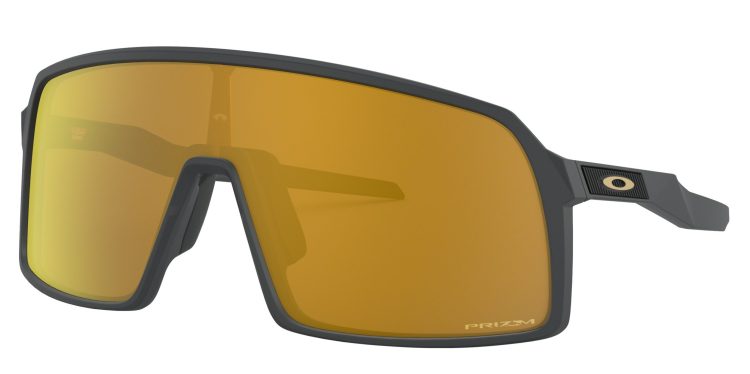Facebook has been clear about both its ambitions to create all-day wearable augmented reality glasses and its inability to do so with current-generation hardware. Now it’s apparently ready to work with an established giant in the glasses world, Luxottica, to help it bring the product to market.
According to CNBC, the Orion glasses are a pet project for Facebook CEO Mark Zuckerberg, who has pushed the company’s hardware lead Andrew Bosworth to prioritize their development. Over the past few years, Facebook’s hardware teams have been focusing on Portal-branded standalone video devices and Oculus-branded virtual reality headsets, while augmented reality software and hardware have simmered on the back burner.
Last month, Facebook revealed that it was planning to leverage its Oculus Insight camera and tracking technologies in future AR glasses, but didn’t say much about what the hardware would do. Today’s report suggests that they’re intended to replace a smartphone, letting users take calls, display information on a small screen, and livestream video to social media followers — features that aren’t huge stretches from some of the industrial AR solutions available today.
Facebook’s implementation could be new. The company is said to be working on Agios, a ring-shaped motion sensor that would help with physical input, as well as a voice assistant that could process text-to-speech output and speech-to-text inputs for the wearer. In its technical blogs, the company suggested that actually getting the hardware to a practically wearable size was a major challenge, and Oculus CTO John Carmack suggested that the company hadn’t even tried to shrink the technology into an unacceptably large form factor.
Working with Luxottica could help. Thanks to acquisitions, the Italian company controls many if not most of the world’s top eyewear brands, including Ray-Ban, Oakley, and licensed labels like Armani, Burberry, Coach, and Polo Ralph Lauren. Moreover, it worked with Google on the Google Glass AR headset, so it wouldn’t be starting from scratch with a Facebook alternative, though the hugely negative reaction to Glass’ design makes clear that there are more than just engineering challenges ahead.
Their claimed timeline certainly leaves plenty of opportunity to get the product right. The report suggests that Orion isn’t expected to hit shelves until 2023 at the earliest, raising the prospect of a release as late as 2025 — assuming development proceeds on schedule. Multiple members of the Oculus VR division, including notable founders and team leads, have abruptly left the company in recent times for reasons unknown.
Regardless, Facebook is said to have “hundreds of employees” working on the initiative in Redmond, Washington, perhaps not coincidentally close to where Microsoft has been developing $3,000+ HoloLens AR headsets for enterprise use. Microsoft is expected to release its second-generation HoloLens as soon as this month, having said back in 2015 that it was on a 5-year journey toward releasing an actual consumer product.

